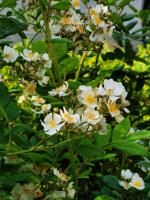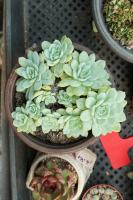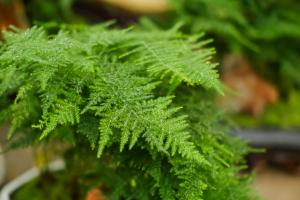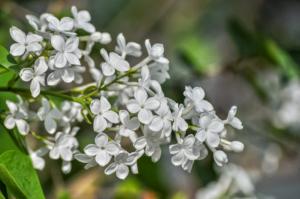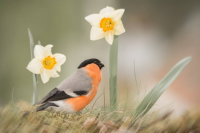1、 Curing method
1. Temperature: it is a kind of warm temperate tree species, and we also mentioned its main distribution range above. It can be seen that it likes warmth and is best kept between 20 and 30 degrees. Its cold resistance is relatively good, but it's better not to be lower than zero, which is safer
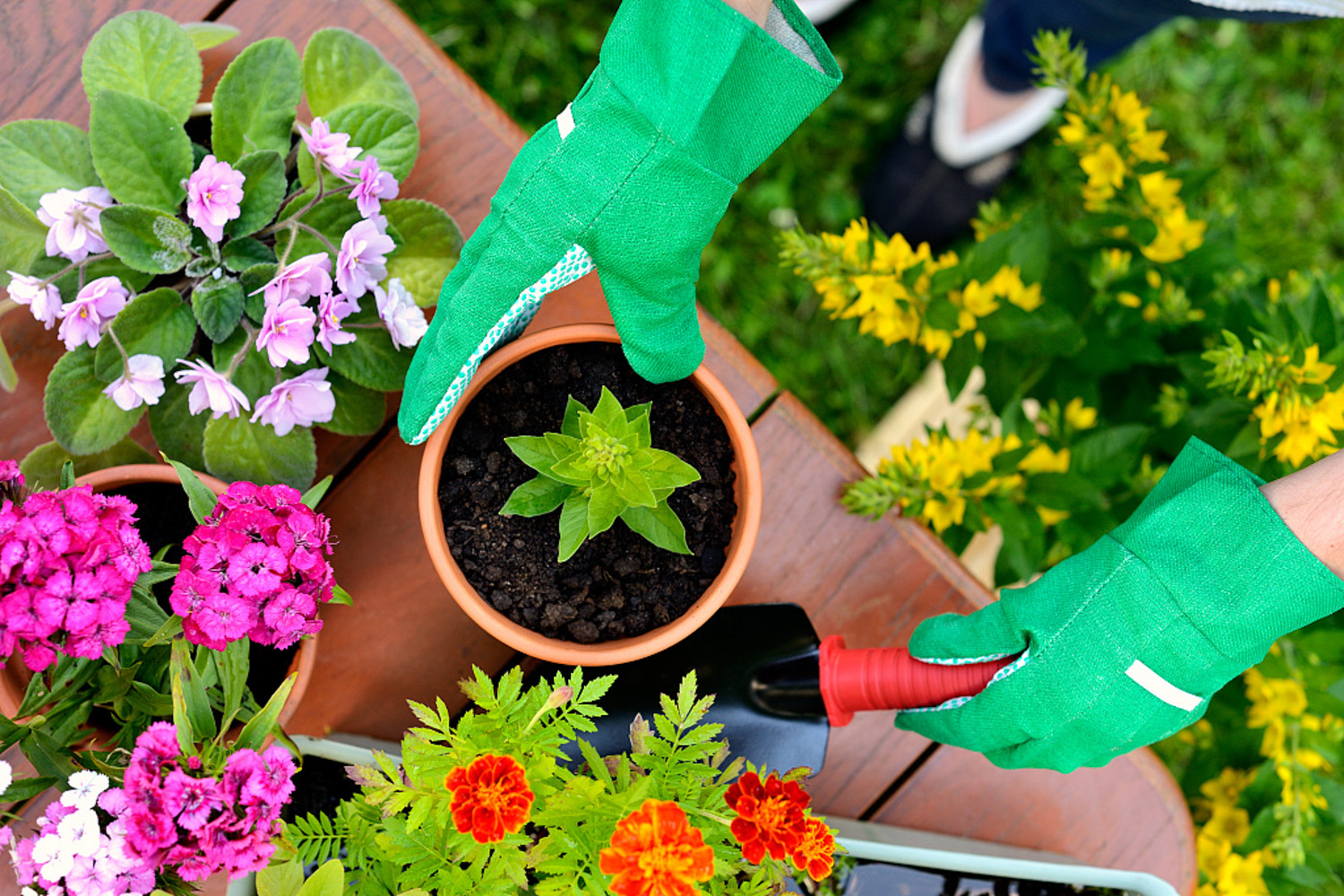
2. Light: chongyangmu is a positive plant with high demand for sunshine. It is slightly resistant to half shade, but not very dark for a long time. Generally speaking, unless it is very strong light in summer, there is no need to shade at other times. Try to let it receive light for a long time, which is beneficial to the photosynthesis of leaves
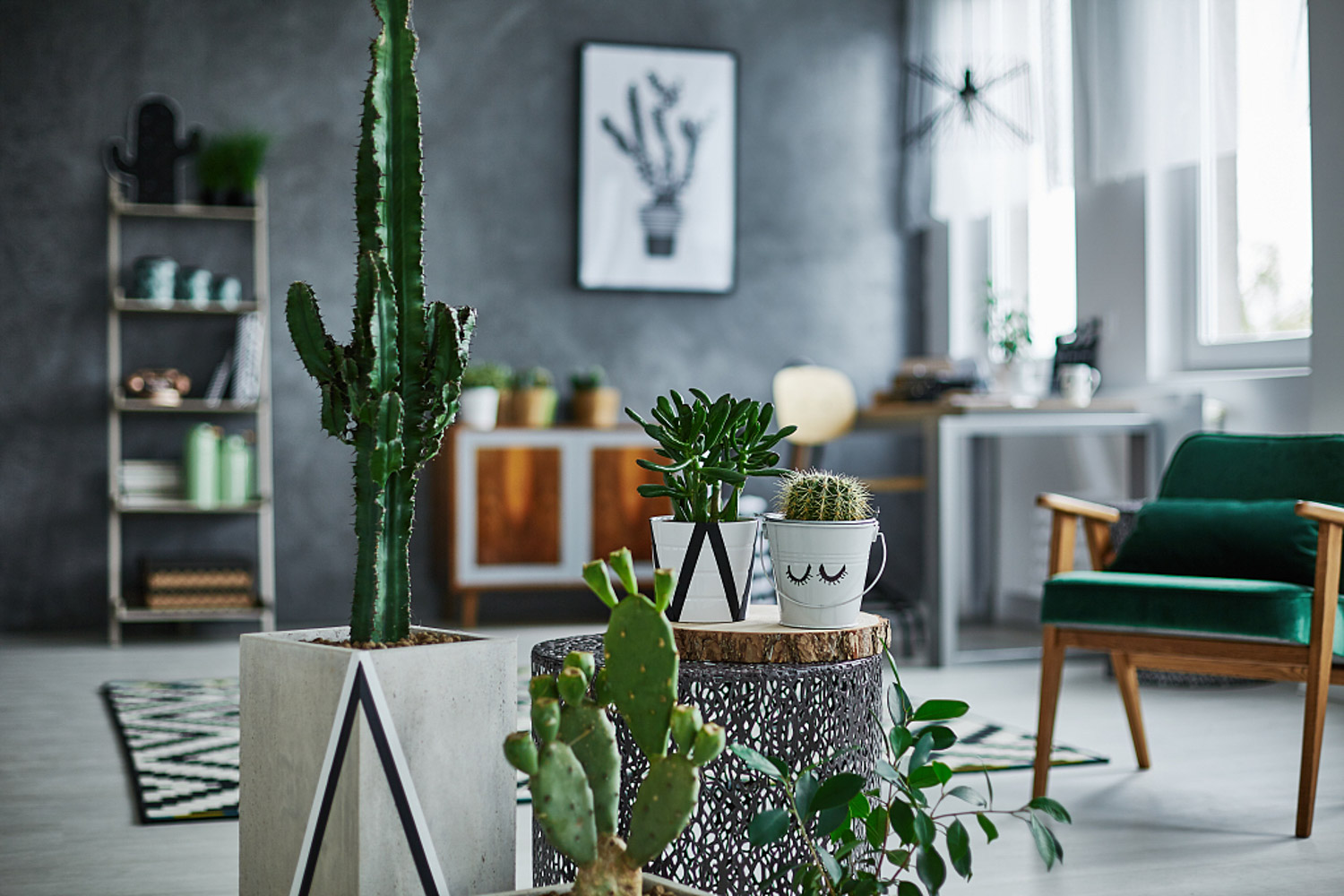
3. Watering: Chongyang wood likes to be wet, and its waterlogging resistance will be better. On the contrary, its drought tolerance is not very good. According to its characteristics, it is necessary to keep the soil slightly wet all the time, but don't apply too much in winter
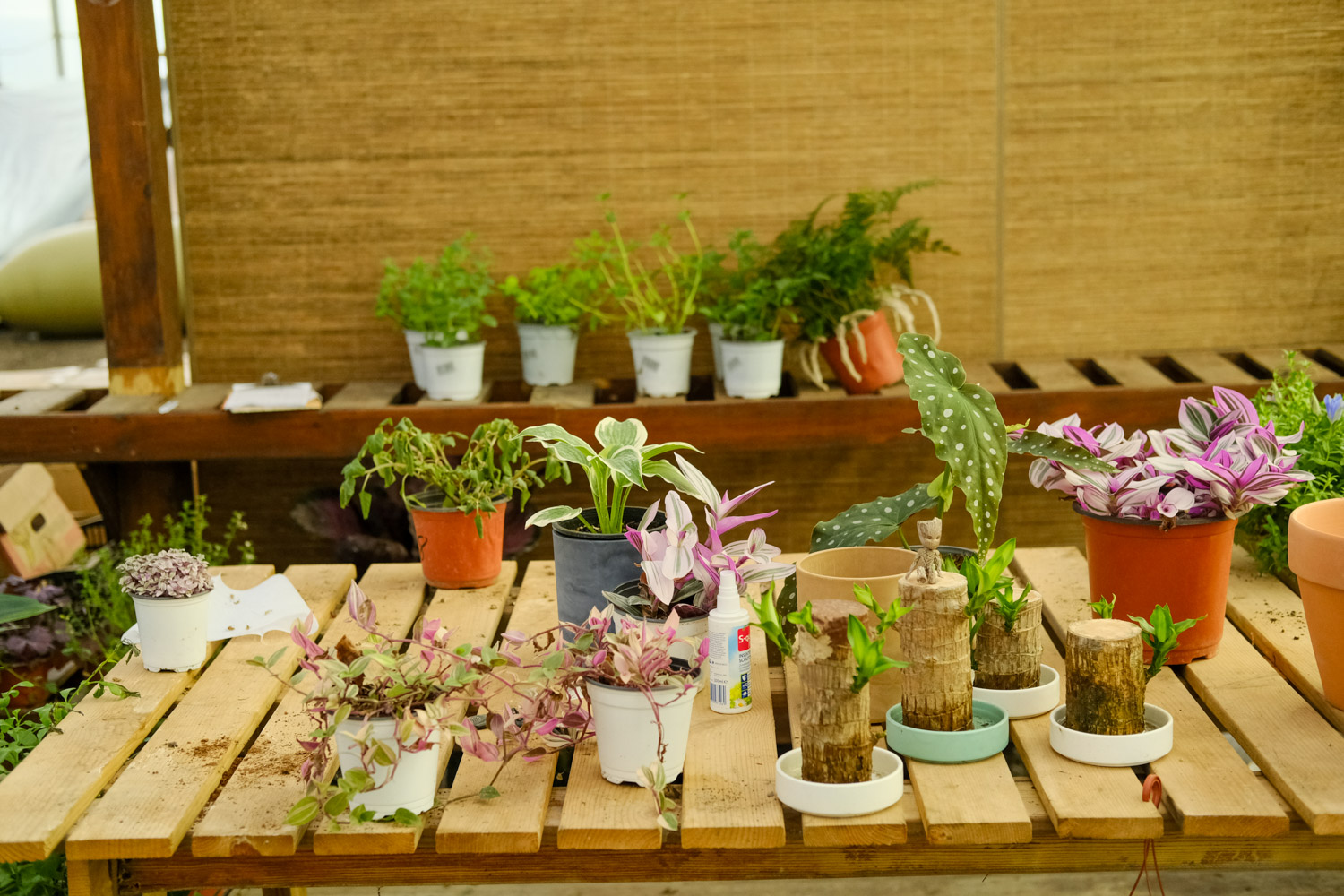
4. Fertilization: it has a high demand for nutrients in the soil. In addition to base fertilizer, fertilization can be done once or twice a month
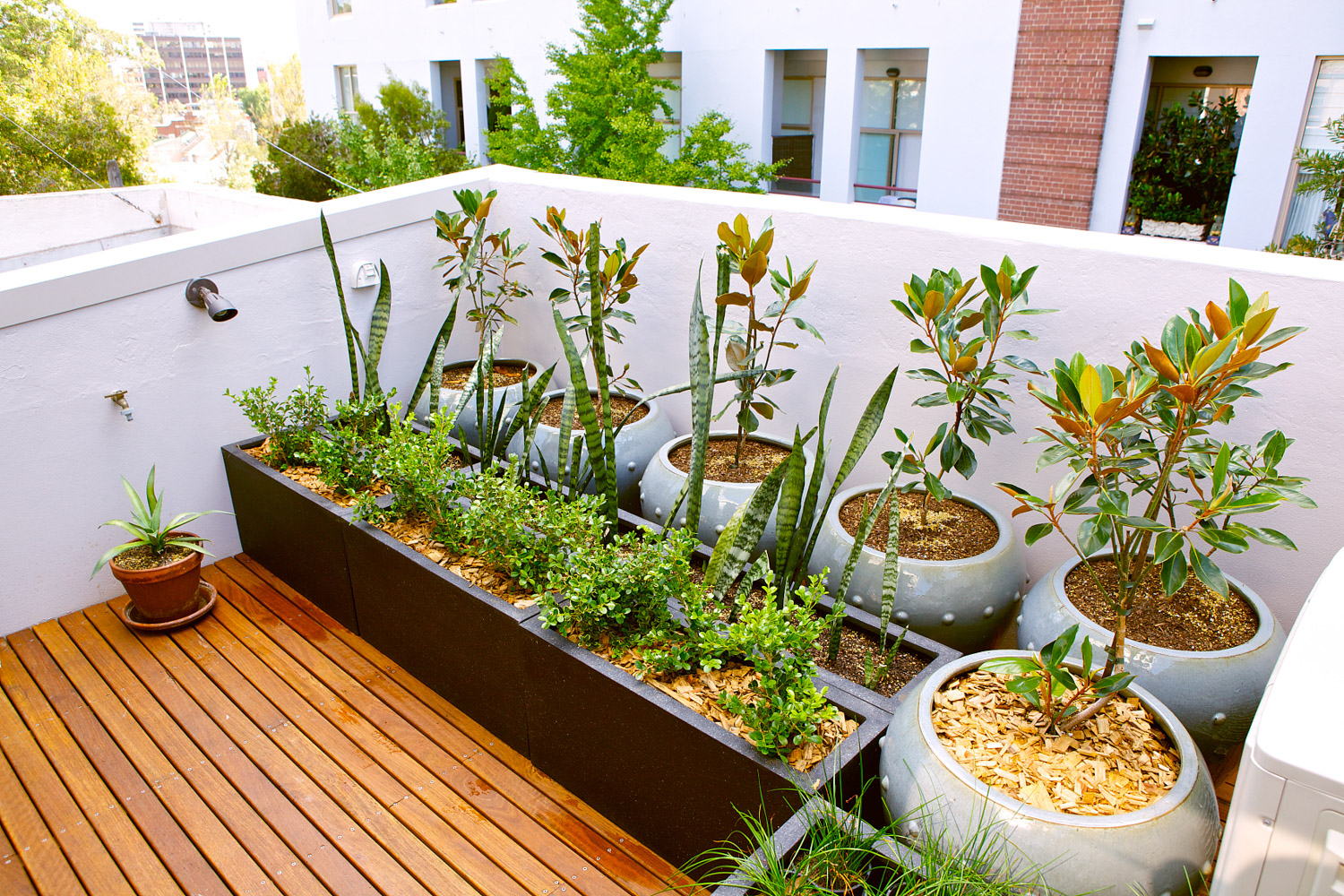
2、 Breeding skills
1. Propagation: it can be propagated by sowing. The first is to collect fruits and seeds when the fruits are ripe in November. Sowing can be carried out around February. Before sowing, it is best to immerse it in warm water at about 45 degrees for more than six hours, and then sow. After choosing the sowing place, it is best to disinfect the soil. After sowing, it is necessary to cover a layer of soil about 0.5cm thick, and then put up a sunshade
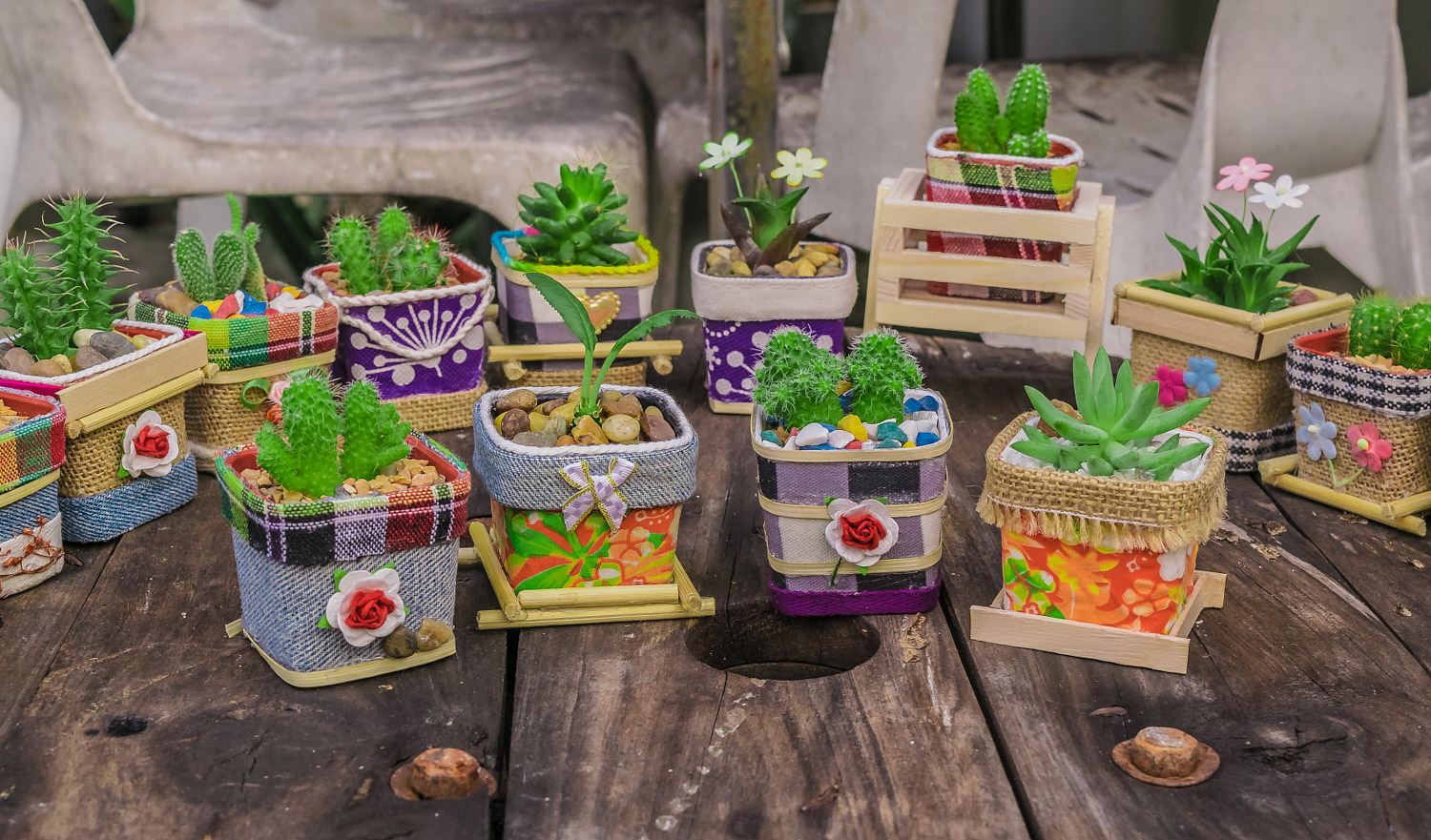
2. Pruning: pruning is very important in the maintenance of Chongyang wood. The first is the pruning of some branches and leaves, such as too dense and dry branches and leaves. In addition, if you put it as a bonsai at home, you can repair its shape
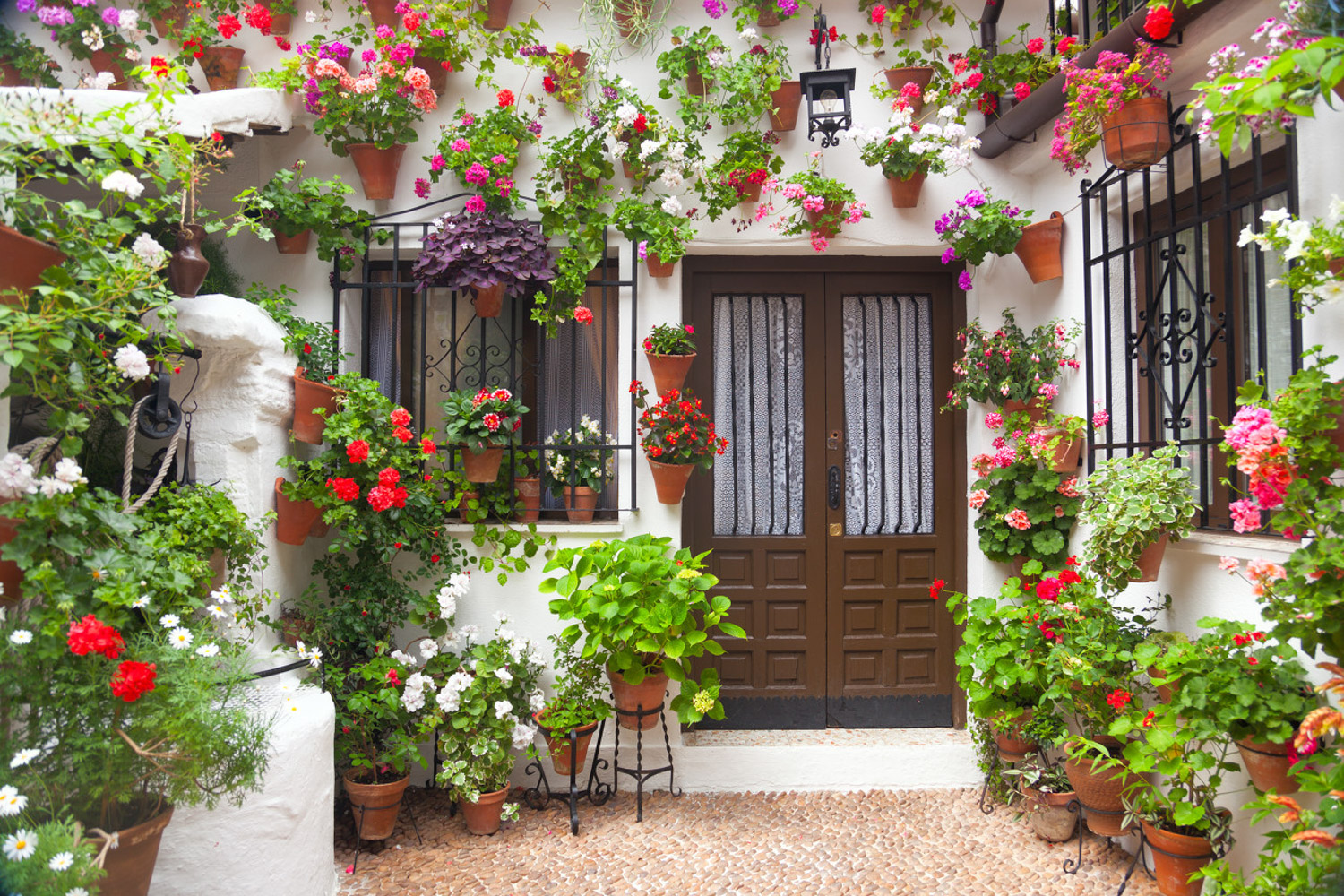
3、 Diagnosis and treatment problems
1. Disease: there is mainly a disease called "stem rot", which is easy to occur from April to June, especially in places with poor ventilation. There will also be "sudden onset disease" and so on. Carbendazim and other drugs can be used for treatment
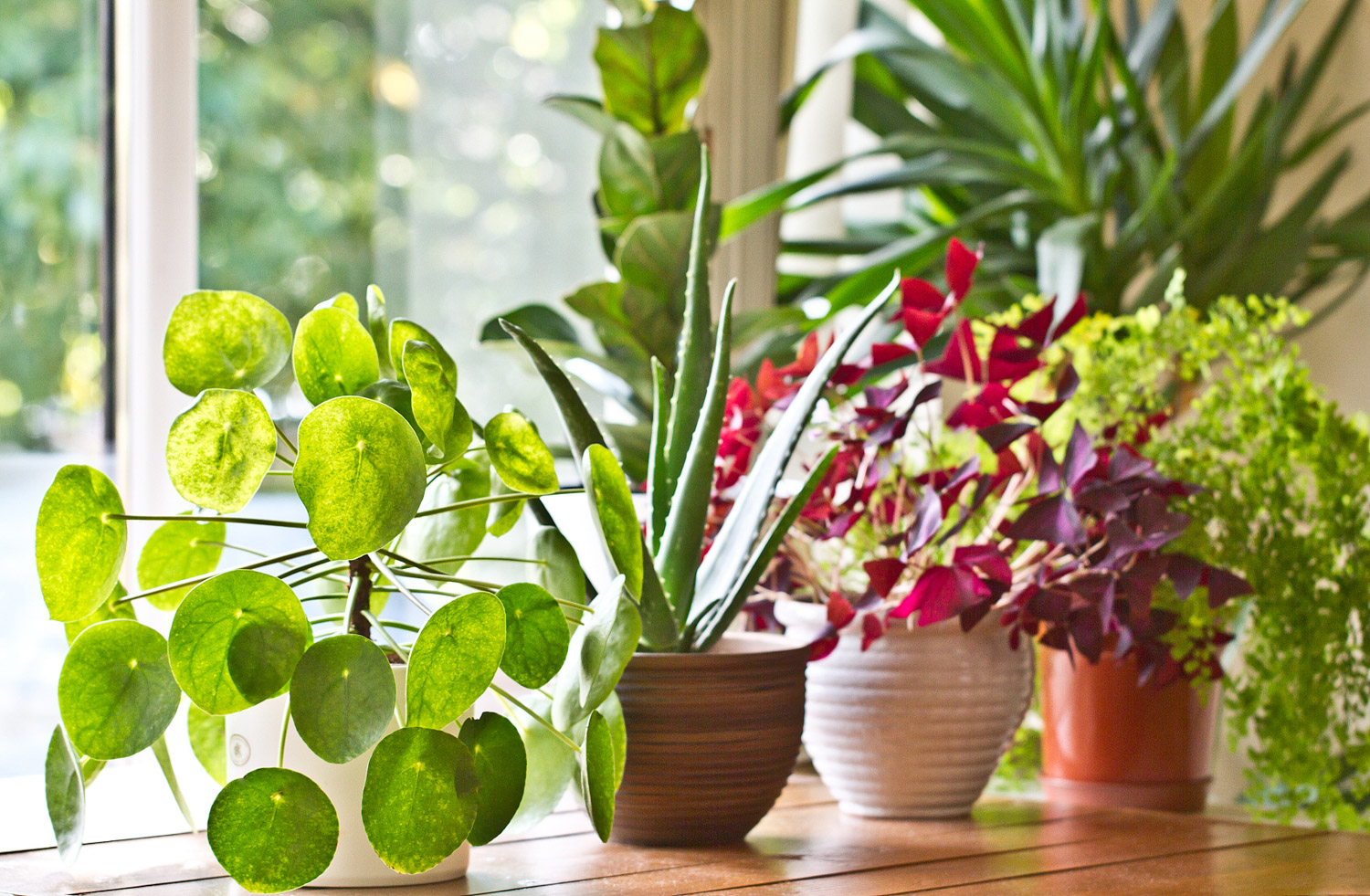
2. Insect pests: there will be some "red spider", "Apodemus albopictus" and so on, which will be harmful to both eggs and adults. Therefore, while eliminating adults, it is also necessary to clean up the eggs
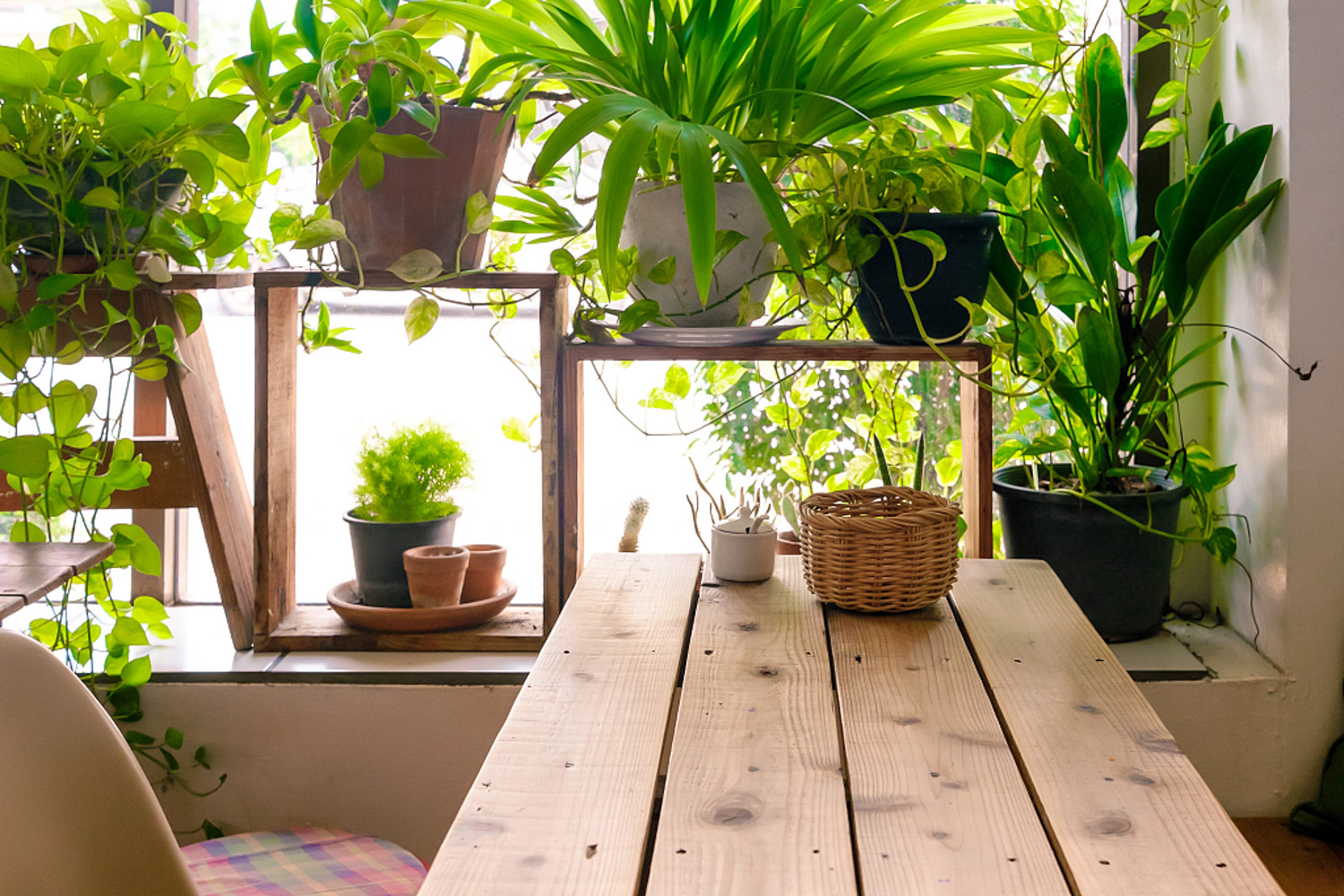
4、 Other issues
1. Toxicity: it is completely non-toxic
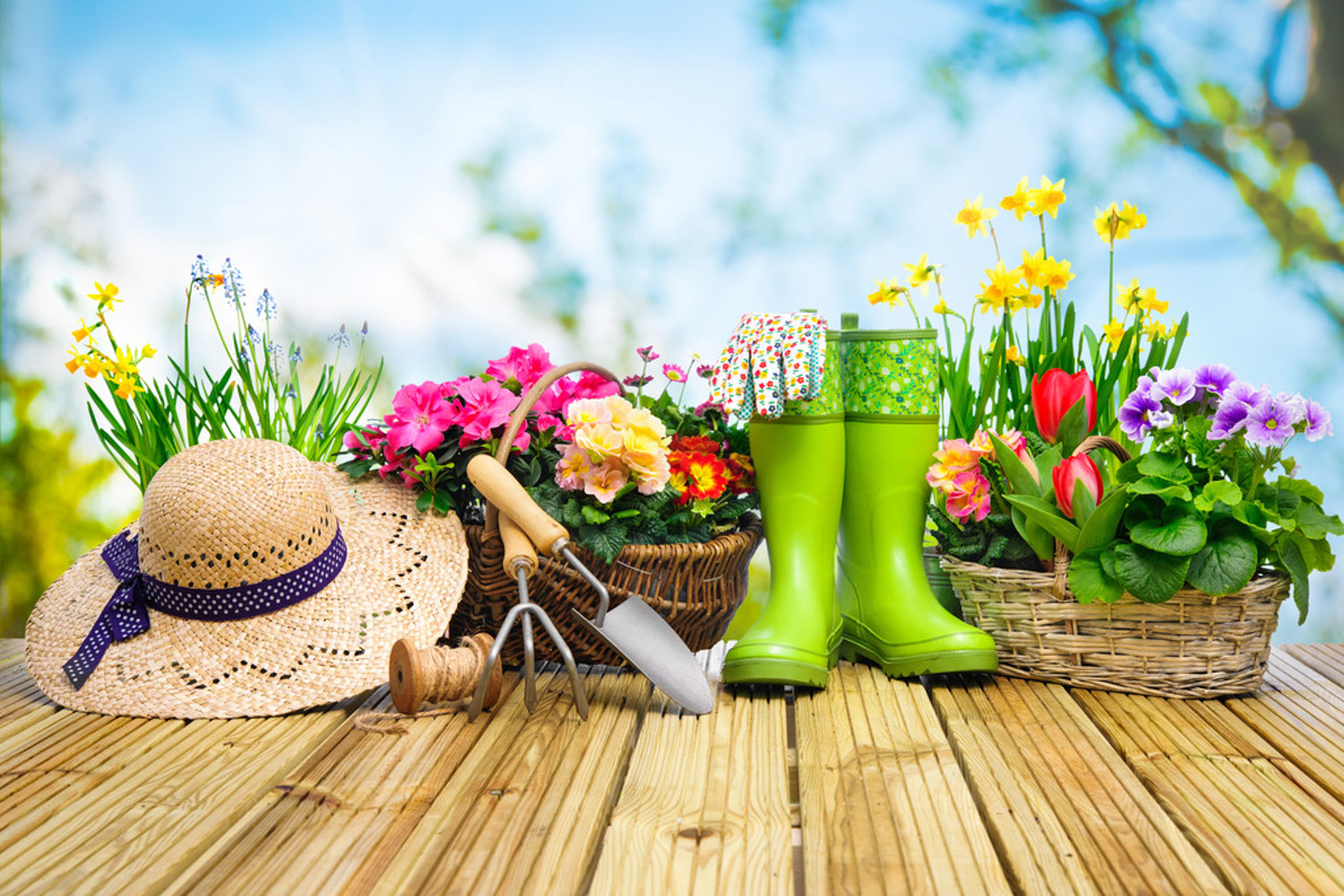
2. Whether it can be raised at home: Yes, but it will take up a lot of space< a>
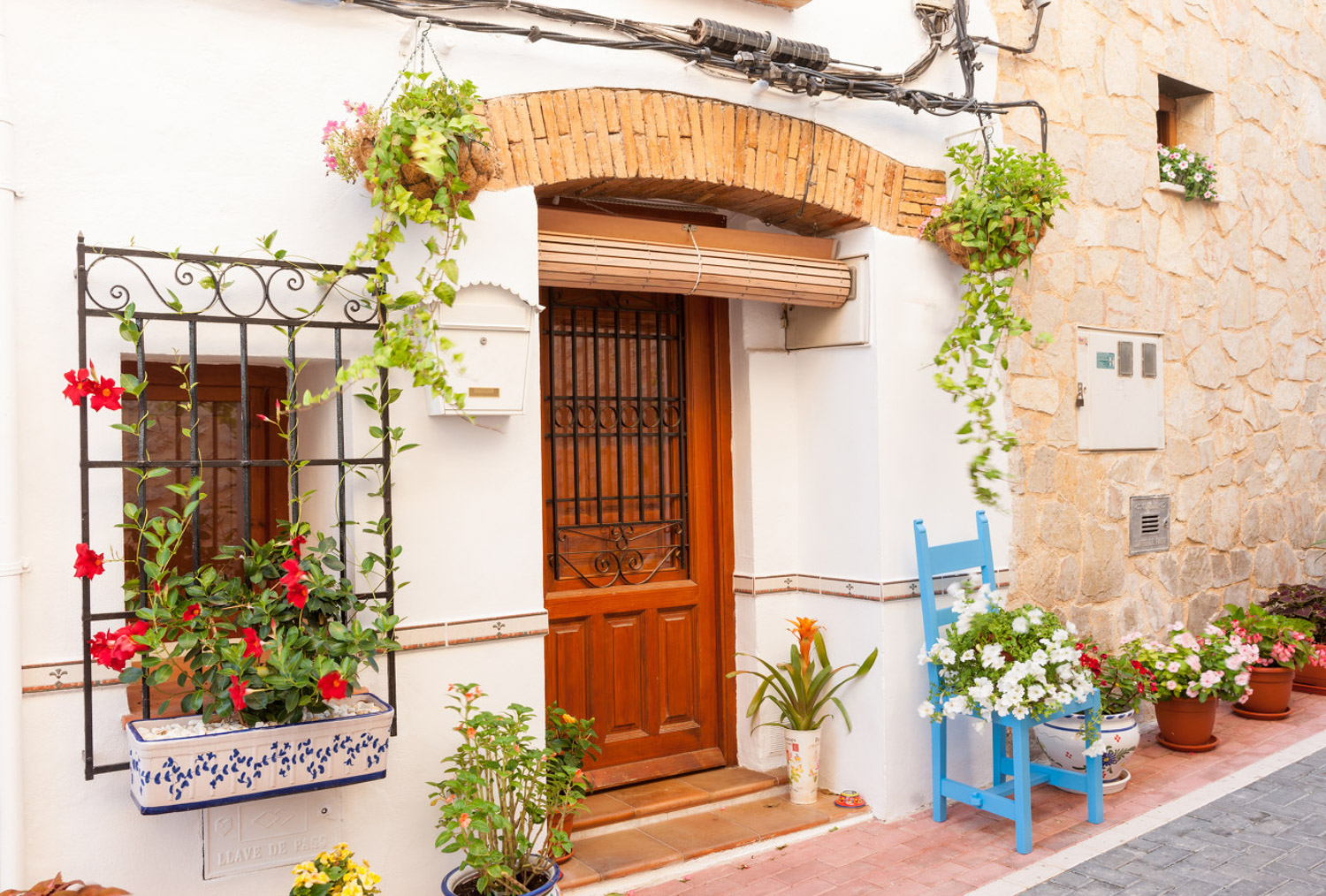

 jackfruit
jackfruit snake plant
snake plant hibiscus
hibiscus hydrangea
hydrangea lavender
lavender Green roses climb al...
Green roses climb al... If you don't pay att...
If you don't pay att... Management of four g...
Management of four g...